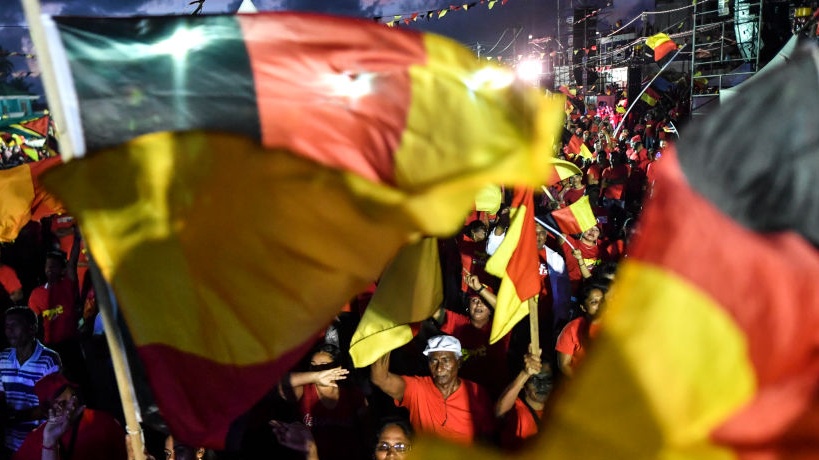Three years after the Caribbean Court of Justice ruled that an outdated law violated the rights of its citizens, the parliament of Guyana has officially decriminalized cross-dressing, as reported by the New York Daily News.
The vote took place late Tuesday night and was a mere legislative formality to comply with a 2018 ruling by the Trinidad-based Caribbean Court of Justice. Now that the law is abolished, authorities no longer have the power to charge people that dress in clothes intended for the opposite gender. Cross-dressing has since also been removed from the colonial-era Summary Jurisdiction Offenses Act, The Washington Post reported.
#GUYANA: Guyana’s main transgender group has welcomed plans by the government to rescind a law against cross-dressing, saying it has been the source of police and state harassment. pic.twitter.com/YV1rzPHocT
— CaribbeanNewsNetwork (@caribbeannewsuk) June 28, 2021
In his opening statement, Attorney General Anil Nandlall, Guyana’s minister of legal affairs, argued that it was time and the government’s obligation to reform archaic laws.
“We have a duty not only to make new laws, or amend laws but to remove from our legislative architecture those provisions that have been found to be repugnant and repulsive to our constitution and we are simply delivering on that responsibility,” he said.
Many members of parliament voiced their opposition to the new legal precedent. Members used the BIble to suggest that cross-dressing is sinful and against God.
“When we behave like this, Mr. Speaker, it is a sin because we have broken our relationship between that Almighty God,” Parliamentarian Richard Sinclair said.
“Simply put, cross-dressing crosses the line that God set for gender expression… God forbids crossing these lines and therefore, forbids cross-dressing,” Parliamentarian Annette Ferguson added.
On Nov. 13, 2018, Guyana's highest court ruled that the law was unconstitutional noting “difference is as natural a thing as breathing. Infinite varieties exist of everything under the sun (and) that civilized society has a duty to accommodate suitably differences among human beings,” as reported by the Jamaica Observer.
Joel Simpson, managing director of the LGBT+ charity Society Against Sexual Orientation Discrimination, expressed that when the law was initially deemed unconstitutional by the highest court in the land, it was a step in the right direction for the trans citizens of Guyana.
“This is a monumental victory for transgender people in Guyana,” he said at the time.
With a population of 782,000 people, Guyana remains the only South American country where same-sex relations are still outlawed.
